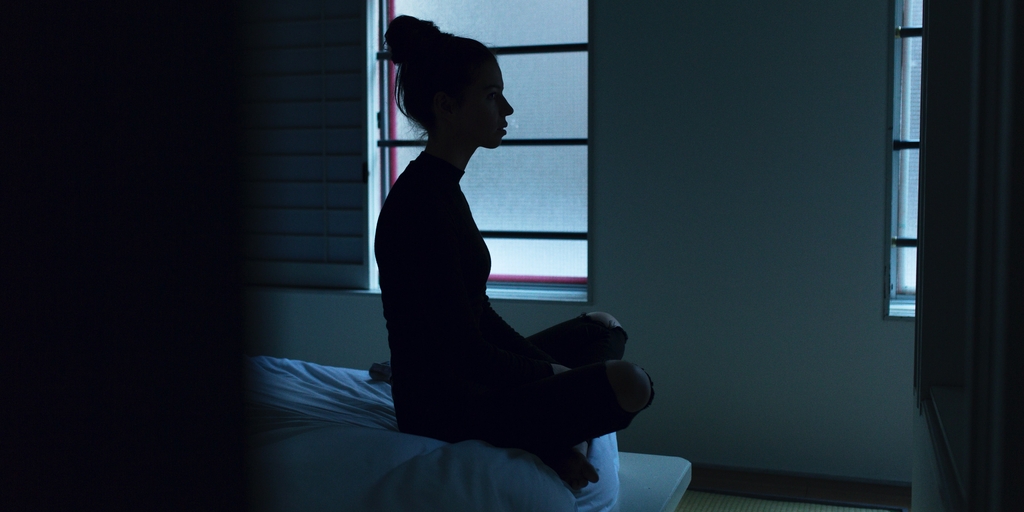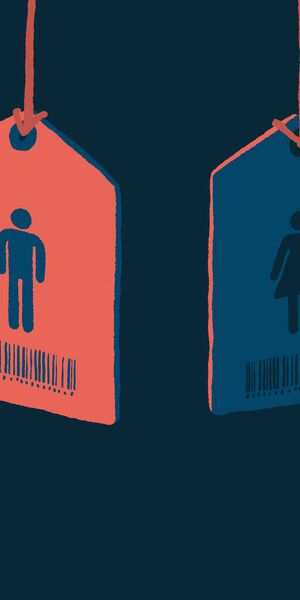New Opportunities for Christian Values to Impact Policing in England and Wales
Human Trafficking
The first Police and Crime Commissioner Elections have been greeted with varying degrees of enthusiasm, indifference and even anger.
Taking place on 15 November – a time of year most Governments choose to avoid fixing election dates as turnout on cold wintry nights tends not to be anything to write home about – the elections will cover 41 areas across England and Wales. No elections will take place in London, Northern Ireland or Scotland.
Responsible for driving the policing priorities in their area, Police and Crime Commissioners (PCCs) will hold individual police forces to account and they themselves will be accountable to the electorate. Once elected, the PCCs will take on huge responsibilities, previously held by the local Police Authorities, including setting a police and crime plan outlining their priorities for action and the direction of resources, as well as the force budget and how much we will each pay for the police component of council tax. Their powers even extend to hiring and firing the chief constables of their forces! However, police forces will retain operational independence and political partiality will play no part in influencing police investigations.
The idea is that the democratic election of the PCCs will mean greater public accountability for the priorities and actions of our police forces. In the past, priorities were usually set by Police Authorities, composed of a mixture of elected and appointed members, in liaison with the public.
Much to the disappointment of the original advocates of the PCC idea is the fact that most candidates have turned out to be from political parties. Some have served as MPs, such as John Prescott, or even resigned from the House of Commons to take on the battle for the lucrative post – Alun Michael. One Liberal Democrat party member and former parliamentary candidate felt so strongly that the post should not be party political he resigned from his party in order to stand as an independent candidate on the fifteenth. Indeed, the Conservative and Labour Parties are standing candidates in all 41 areas. This seems quite a way off the vision of Douglas Carswell MP, whose brainchild the idea was ten years ago, when he said ‘we need independent-minded candidates’, not just ‘party apparatchiks’.
The extent of the influence of these new Commissioners, in particular their power to direct police priorities, gives us a new opportunity to positively impact policing across England and Wales. CARE has been seeking to encourage Christians to engage with the PCC elections with the Biblical theme of justice in mind. We have developed a website to make information about the elections as accessible as possible, as well as to suggest raising human trafficking as a key issue with your local candidates. On there you will also find links to profiles of your candidates, an explanation of the Supplementary Vote electoral system which will be used and ideas for action both before and after the election.
CARE has a particular concern regarding the proper enforcement of legislation and policies around human trafficking and prostitution. We hope to see Police and Crime Commissioners elected who will provide committed and effective leadership on tackling these de-humanising forms of exploitation. You can write to your candidates asking them to make the enforcement of the law in these areas a high priority.
Unfortunately, constrained by limited financial resources, the enforcement of anti-trafficking legislation and prostitution law was not often made a priority by the former Police Authorities. Consequently, there are no records of anyone in England and Wales having been convicted for buying sex from a coerced person since this became an offence courtesy of Section 14 of the Policing and Crime Act 2009. Even training and awareness-raising of the warning signs that identify trafficking victims can be severely lacking within some forces, compounded by a sense that it is not a priority for local people.
In spite of the pessimism surrounding these changes to policing, the upcoming elections certainly provide us with an excellent opportunity to raise the profile of issues of justice such as trafficking and seek to make them a priority for police forces across England and Wales.
As you consider who you will vote for, we encourage you to, as Jeremiah 29:7 puts it, “seek the welfare of the city” where you are; using these elections to ‘Seek justice. Help the oppressed. Defend the cause of orphans. Fight for the rights of widows.’(Isaiah 1 v 17).
Carswell himself said: ‘It may well be that voter turnout is low. 20 percent? 50 percent? 10 percent? But what percentage of people had any say over how the police were run before? 0.0001 percent?…Just because we are not used to something, it does not mean that it is not a good idea. And merely because something is not perfect, it does not mean it is not better than what went before.’
Visit the website here: www.makethecrosscount-pcc.org.uk
Comment piece written for The Church of England Newspaper
http://www.churchnewspaper.com/?p=29060 (£)





Share story
New Opportunities for Christian Values to Impact Policing in England and Wales